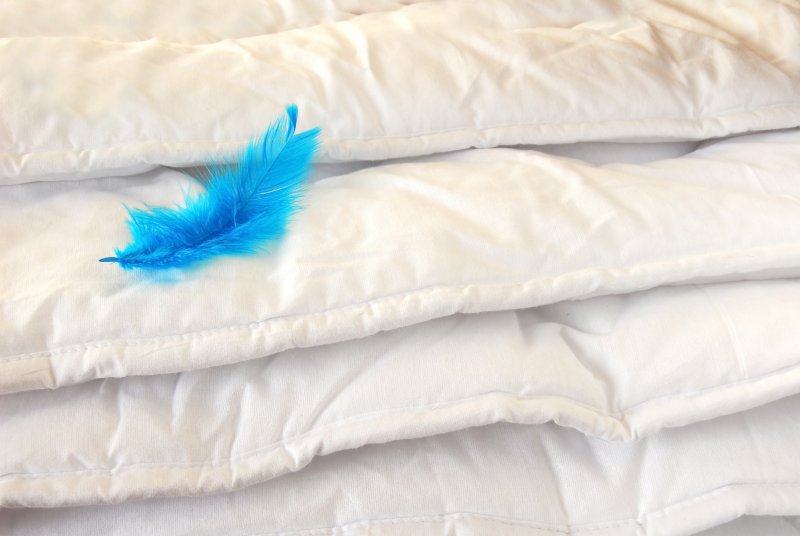
Weighted blankets aren’t just a useful sleep aid for people with anxiety or ADHD; virtually anyone can use them to enjoy a more refreshing night’s rest. With weighted blankets making such a significant difference for so many people, the natural question that many sleep dentists find themselves asking is: could they be a useful aid for reducing sleep apnea symptoms? You can find out more about the benefits of weighted blankets by reading below.
How Weighted Blankets Help You Sleep Better
Weighted blankets are designed to apply an even, gentle pressure across the entire body. The feeling has often been compared to getting a hug. This sort of stimulation benefits the body in a number of ways, calming the nervous system and reducing your heart rate. It generally increases feelings of relaxation, which is naturally helpful when you’re trying to catch some Z’s.
Sleeping with a weighted blanket has been known to:
- Stimulate the production of oxytocin, a “feel-good” hormone that also happens to be involved with regulating the sleep cycle, especially during deep REM sleep.
- Decrease cortisol, which is the hormone that stimulates the body’s stress response and makes it harder to fall asleep, especially if you’re stressed and anxious.
- Increase serotonin levels, which helps keep the body relaxed and can stabilize the sleep-wake cycle.
How Weighted Blankets Benefit Sleep Apnea Patients
While a weighted blanket on its own isn’t enough to treat sleep apnea, it can potentially increase the quality of your sleep while you address the disorder. One study in 2017 found that encouraging oxytocin production has been shown to be effective in reducing sleep apnea symptoms. It also goes a long way towards increasing sleep time and quality – obviously something you’ll want to prioritize if disordered breathing has been forcing you to wake up regularly. The other benefits of using a weighted blanket can also go a long way towards helping you get the quality rest that you most likely have been missing out on due to sleep apnea.
Other Ways to Treat Sleep Apnea
Of course, getting a weighted blanket should never be the only step you take to combat sleep apnea. Other steps you can take include:
- Getting an oral appliance from a sleep dentist to keep your airway clear at night without the use of CPAP.
- Sleeping on your side instead of your back so that your tongue doesn’t block the throat when it relaxes.
- Staying away from alcohol for at least a few hours before bed.
Your sleep dentist can provide additional tips for reducing sleep apnea depending on what seems to be contributing to your disorder. The key is to be proactive in creating the best possible environment for a good night’s sleep, and a weighted blanket goes a long way towards that goal.
About the Author
Dr. Mitch Conditt has over 35 years of dental experience and currently specializes in treating sleep apnea as well as TMJ disorders. He has pursued advanced training in order to fully address the symptoms of sleep disordered breathing, and he is currently a diplomate of the American Board of Craniofacial Dental Sleep Medicine. If you have questions about sleep apnea and how weighted blankets or other sleep aids address it, visit Dr. Conditt’s website or call (817) 527-8500.
